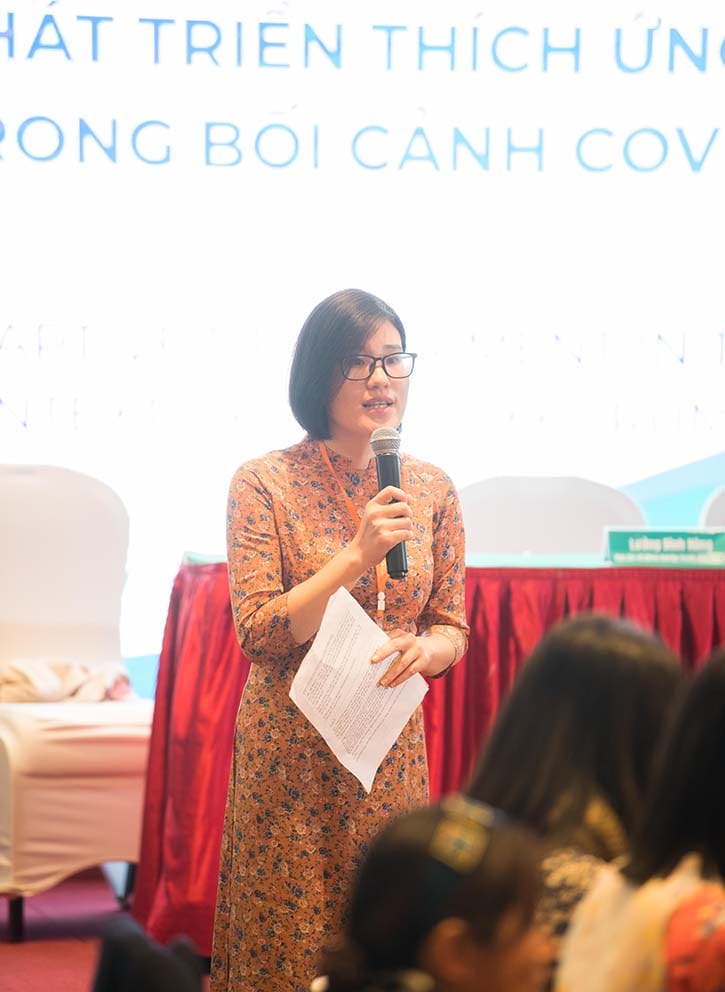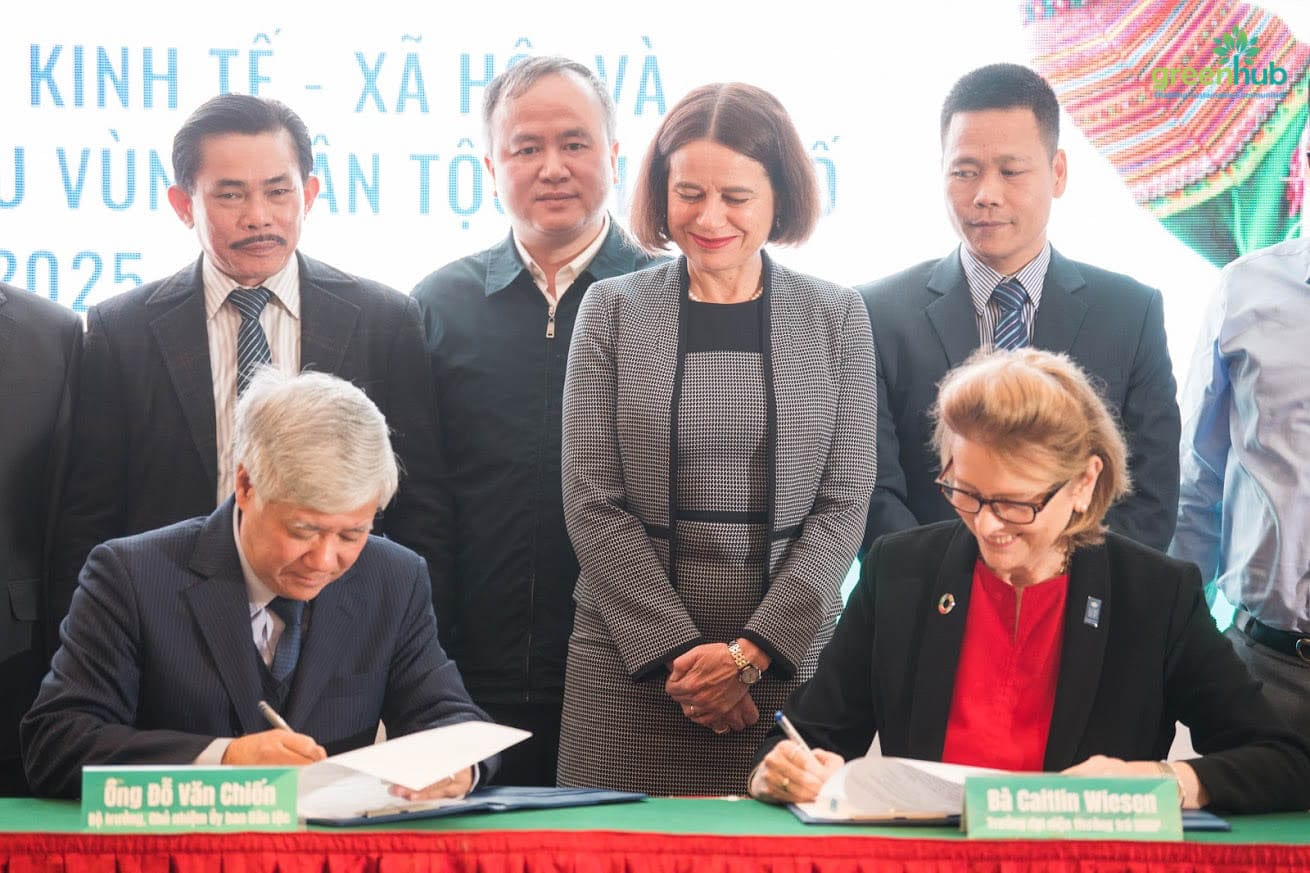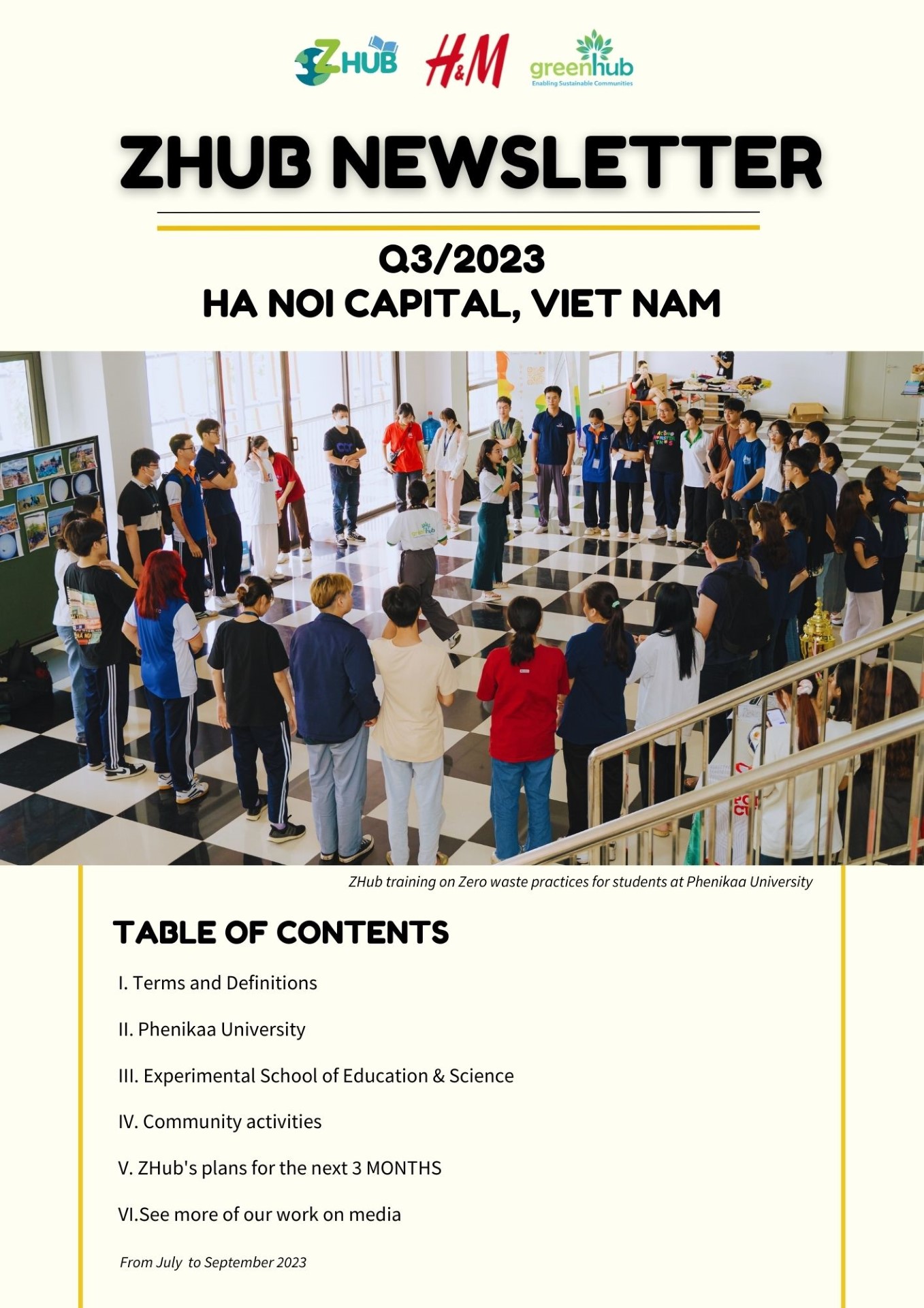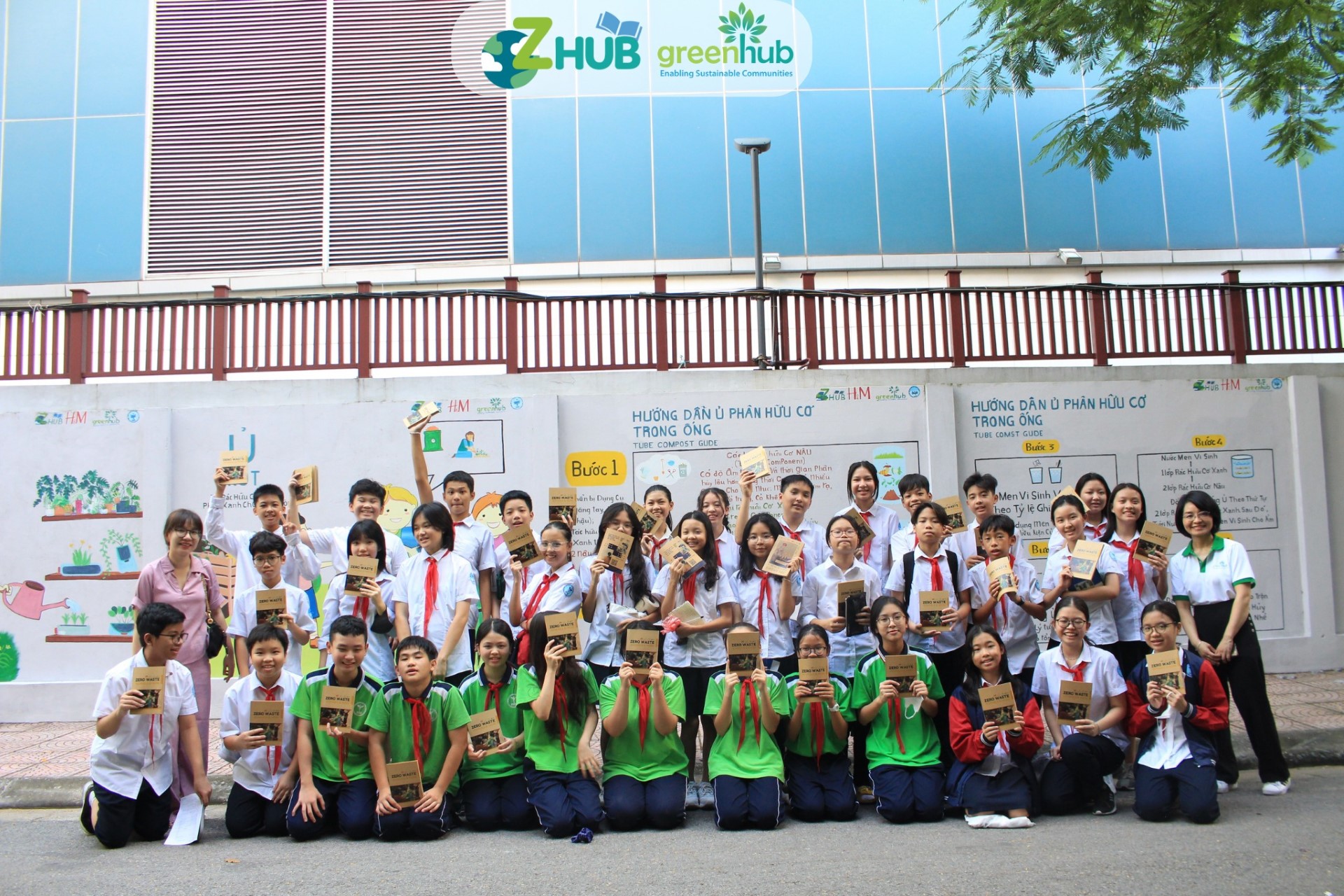During December 21st, the launch of project “Accelerating socio-economic development and multidimensional poverty reduction among ethnic minorities in Vietnam in 2020-2025” and “Adaptive development in the context of COVID-19 forum” took place at Hanoi.
The ceremony was organized in the morning by the United Nations Development Programme (UNDP), in association with the Committee for Ethnic Minority Affairs (CEMA) and the Department of Foreign Affairs and Trade (DFAT). Attending the ceremony, there are leaders and representatives from departments, units of CEMA, Great project and delegations from regions like Lao Cai, Son La, Bac Kan and Dak Nong,…

The project aims to provide policy advisory and technical support to CEMA and the relating provinces in conducting the National Target Program in socio-economic development for the ethnic minorities and mountainous areas term 2021-2030, reducing 50% of extremely poor communes in the year of 2050 and hopefully 100% in the year of 2030.
Applying the Accelerator Lab model, the project course comprises 2 phases: Phase 1 (2020-2025): Assist in identifying, quick experimenting and implementing innovative, breakthrough and integrated solutions into reducing multidimensional poverty and accelerating socio-economic development among ethnic minorities in Son La and Lao Cai. Phase 2 (2026-2030): Assist in disseminating those successful solutions meeting the necessary conditions to lessen poverty and improve socio-economic status.

Addressing the ceremony, Mr. Do Van Chien – Prime Minister, Chairman of CEMA said: This is the first time Vietnam has a National Target Program specifically built and aimed towards ethnic minorities and mountainous areas. “Counting out the minimum estimated expenditure for term I (2021-2025) approved by the National Assembly is over 137 thousand billion dong, this can be considered the biggest amount ever spent on the field of ethnic work”. This can be considered a huge support from the party and the government.

Mrs. Caitlin Wiesen – UNDP Resident Representative Vietnam shared: Vietnam efforts and achievements in reducing poverty have been very impressive and got recognition across the globe. This project is an advantageous opportunity for all relating parties to share their knowledge about innovative solutions, required conditions to create incubation space, and finally applying those strategies to approach the Accelerator Labs with successful models and the obstacles in disseminating suitably with local conditions, which helps accelerate multidimensional poverty reducing and socio-economic development among ethnic minorities.

Mrs. Robyn Mudie – Australia’s Ambassador to Vietnam also shared: “Australia commits to cooperate with partners to give support along Vietnam’s journey to inclusive growth and sustainable development. Our partnership with UNDP and CEMA that we have started today will be a part of the long-term commitment that ensures all novel and innovative solutions in eradicating hunger and poverty will be integrated and disseminated into the government policies and programmes acts towards the poor’s and people in need’s benefits, including all females and males of ethnic minority groups”.
According to Mr. Chien, executing the project has had certain difficulties:
First, the project is implemented in the context of Covid-19 having impacted heavily on the economy which also affected our process of performing.
Second, the capabilities and qualifications of our cadres and civil servants from central to local work agencies are still limited.
Third, the programme has an enormous budget, specifically up to almost 5 billion USD in term I (2021-2025). However, the money came out pretty insignificant when it was divided and distributed into minor events, since the scatteredness of rural and remote areas in need of support with isolated terrain, making it quite dìfficult to reach them.
At the ceremony, the delegates talked and discussed all the hardships and their outcomes that these organizations, cooperatives had met and fought against by coming up with innovative solutions to accelerate socio-economic development and reduce multidimensional poverty among ethnic groups. And let’s not forget to mention ethnic minority women from Bac Kan, Dak Nong, Lao Cai and Son La, they also shared their stories on how they built their internal forces and inner strength that had helped them create these solutions.
The seminar “Adaptive development in the context of COVID-19 forum” then took place in the afternoon on the same day in an exciting, cheerful but also very light-hearted and intimate atmosphere with speeches from Bac Kan and Dak Nong delegates.
The first project component under the UNDP programme’s framework in cooperation with the National Coordination Office of the National Target Program on New Rural Development sent money through Vietpost to beneficiaries via e-money.
And as a result, the project had supported 3.2 billion dong to 700 households in Bac Kan and 700 households in Dak Nong. In more detail, we had organized 4 capacity training courses for all cooperatives, 1 sharing session and a Market connection Fair at Ecopark.

Mrs. Nguyen Thi Thu – Deputy Chief of the Bac Kan Province Coordination Office on New Rural Development shared: Although having operated for only 4 months, all sides had coordinated and made efforts in implementing the project so all the aids and supports could reach their destinations as soon as possible. The local was allowed to make their own procedures, in which the beneficiary list from each village was submitted back to their communes and districts accordingly, to be then publicly listed and approved. After that, the project would then continue to be deployed.

According to Mrs. Luong Thi Le Na – Department of Labors, War Invalids and Social Affairs Dak Nong Representative, their procedure of action was similar to Bac Kan. However, the biggest problem they had to face was the amount of migrants, mostly consisting of unemployed women due to Covid-19 with lack of personal papers like ID cards.
According to the survey, people’s reaction to receiving the project’s support was astounded and appreciative. Despite the humble 2.3 million dong for each family did not seem much, it was a meaningful gift to those in poorer conditions since the negative effects of Covid-19 on the way ethnic minorities of rural areas make their living. The project has made a huge impact and helped those in need a lot but unfortunately did not meet the requirements to receive the government’s 1 thousand billion package.

Mr. Trung – Vietnam Post Corporation shared: VNPost actively participated in delivering the support package to each household of the two regions. For those who had adequate personal papers, they were able to register for an M&E account to receive the money, but for those who didn’t get to receive it in cash.
Sharing about the second component helping the cooperatives at both regions to strengthen and enhance marketing capacity in the context of Covid-19, Mrs. Nguyen Thi Thu-Deputy Chief of the Bac Kan Province Coordination Office on New Rural Development said: The project had deployed training courses for cooperatives in groups. Experts and specialists came to the localities to consult them on how to handle problematic situations and the issues they were facing, which was: (1) Integration between production and sales. (2) Creating a solidary and cohesive bond and collaboration among cooperatives in a community that helps reinforce inner strength and adjust people’s way of thinking and their perspectives, especially minority women.

Mrs. Nguyen Thi Thanh Van – Deputy Director of Center for Supporting Green Development (GreenHub)-the chairwoman of the discussion revealed the outcomes of the project: The programme has come to certain fruition: (1) Assisting cooperatives in planning strategies dealing with the Covid-19 pandemic; (2) Enhancing marketing capacity for all cooperatives; (3) Giving them an opportunity and the mean to socialize and exchange experiences with business partners. This will further strengthen and reinforce the unbreakable link, the special connection among people, so they will without hesitant help each other out in difficult and arduous times like this in the future.
This event has marked a huge milestone in the government’s, the organizations’ and the locals’ effort in pursuing the UN Sustainable Development Goals (SDGs) and ensuring that no one would be left behind.


